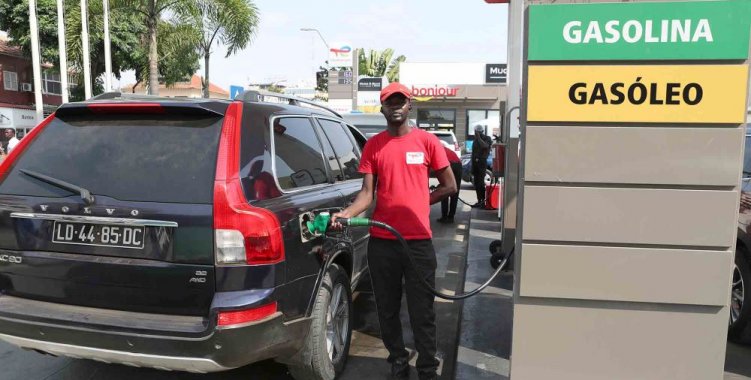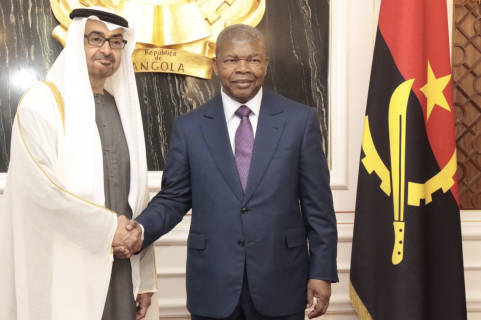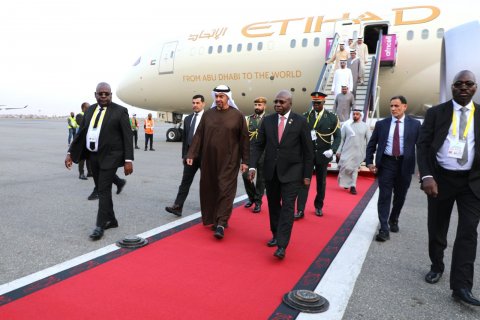In the note, issued on Saturday, the organizations Associação Upangue, OMUNGA, Friends of Angola, FORDU and ALDA, state that this is "the second withdrawal of fuel subsidies in a short space of time" and warn of "the disproportionate impact [of this situation] on the most vulnerable groups in Angolan society".
Recognizing the right of the executive to adopt economic adjustment policies, the signatories write that "such a decision, in a country with marked structural and social weaknesses, without effective compensatory measures, significantly increases the cost of living for the majority of citizens, especially those who depend on the informal economy and public transport".
On the other hand, they state that "the increase in fuel prices increases transport and energy costs, which could negatively impact essential sectors, such as education, health and food".
According to the civil society organizations that signed the public note, this situation will increase social inequalities and make it difficult to materialize the basic rights provided for in the Constitution of the Republic of Angola.
The signatories, who work to promote and defend human rights in Angola, also write that they are in favor of the profitability of the Sonangol company, but not at any cost.
"Profit, yes, but with balance," they say.
Finally, they ask the President of the Republic to consider the definitive cessation of the fuel subsidy and recall the promises made by then-candidate João Lourenço, "such as the reinforcement of the productive capacity of the Luanda refinery and the completion of the Lobito refinery," which they write "remain unfulfilled."
"Such commitments, if effectively fulfilled, could contribute decisively to reducing external dependence, stabilizing prices and relieving pressure on the cost of living for citizens," they conclude.
The increase in the price of oil has been in effect since July 4.
As of this Monday, the fare for collective taxis, known as "candongueiros", has increased to 300 kwanzas per trip and that for urban buses has increased to 200 kwanzas per trip, according to a statement from the National Land Transport Agency (ANTT).
For intercity passenger services, the fare adjustments will be defined by local authorities, taking into account the technical and operational criteria of each route.
Since the start of the subsidy removal process in 2023, the price of diesel has increased by almost 200 percent, from 135 kwanzas per liter to the current 400 kwanzas.
The Government estimates that the removal of fuel subsidies will save around 400 billion kwanzas per year, with the aim of redirecting resources to sectors such as health, education and infrastructure.







